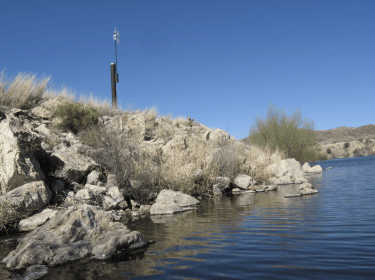Dam Safety
Even the smallest dams can cause significant damage and threaten downstream communities if they fail. Reliable data and warning systems help you avoid the worst-case scenarios.
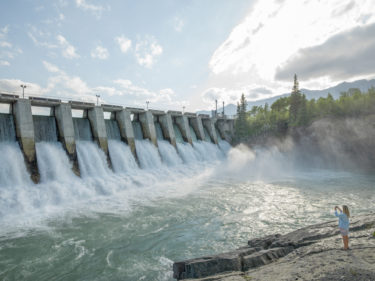
Even the smallest dams can cause significant damage and threaten downstream communities if they fail. Reliable data and warning systems help you avoid the worst-case scenarios.

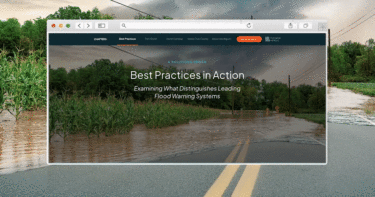
INTERACTIVE REPORT
Learn the six keys to building and maintaining a strong flood warning system and connect with three real-world success stories that illustrate our approach.

Remote sensing and custom alerts notify staff using real-time data to determine the best actions.

Our instrumentation track inflow, outflow and flow where it doesn’t belong.

We’ve been safeguarding dams and levees across the US since 1992.
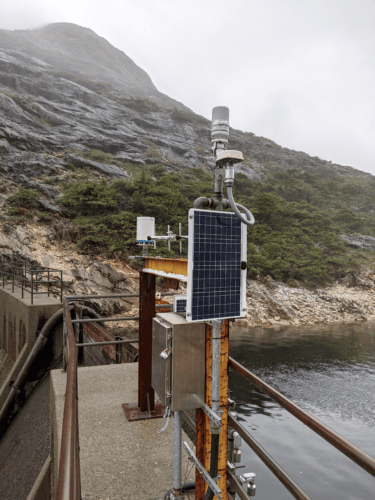
dam safety monitoring
Weather safety and monitoring are of utmost importance for dams. Dams are critical infrastructure that require constant vigilance to ensure their stability, mitigate risks, and protect downstream communities.
Thousands of aging dams and levees across the world need costly maintenance – presenting major risks to lives and property downstream. Monitoring these high-hazard dams and levees will make sure you’re warned of potential issues before it’s too late.
Visualization plays a vital role in weather safety and monitoring. With the ability to visualize current conditions, stakeholders gain valuable insights into the state of the dam. Visualization provides operational feedback, customized alarms, automated notifications, and 24/7 access from any mobile device. These features not only bring peace of mind to dam owners and stakeholders but also facilitate quick response and informed decision-making.
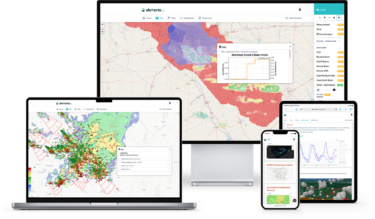
data collection
Your highly skilled team members could be doing so much more than manually collecting data. We save you time and money by automating data collection 24/7. And with custom metrics, you have the clarity you need to make tough decisions.
In the pursuit of time and cost savings, automated environmental reporting and inspection-triggering hazard alerts prove invaluable. These features save time by streamlining reporting processes and enable quick action in response to potential hazards. The early detection of hazards coupled with automated alerts allows dam operators to allocate resources effectively and reduce unnecessary maintenance costs.
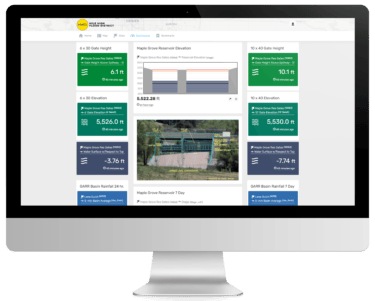
downstream alerting
If you know what’s coming, you can prepare your response – saving lives and cutting disruption. Our data gives you time to raise the alarm with downstream communities – providing valuable peace of mind and protecting livelihoods.
Recording and acting on all hazards that can impact a dam helps reduce the risk to downstream communities. Reliable warning systems ensure that communities and key stakeholders are promptly notified of any potential threats, allowing them to take necessary precautions and evacuate if required.
The dam supplies water to the Houston area, making high quality data collection crucial.
See how the Bureau of Indian Affairs collaborates with Tribal Nations to monitor conditions at more than 140 dams across the country.

Video
In this episode, we have a candid discussion about the unfortunate fact that many stormwater and wastewater systems simply are not prepared for the more intense rainstorms that are coming with warmer global temperatures. Our special guest, Wayne Tschirhart, a meteorologist and senior engineer for the San Antonio River Authority (SARA) shares what the SARA doing differently to prepare itself for these changes.
